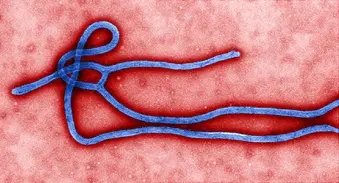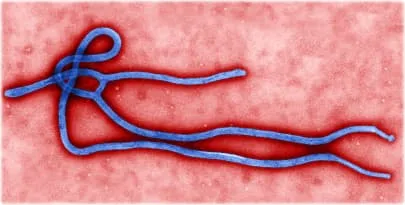Ebola Myths and Facts: Test Your Knowledge


Question 1/12
Which of these can pass along the Ebola virus?
- Dandruff
- Fingernails
- Tears
Question 2/12
You can catch Ebola from sitting near someone on a plane.
- True
- False
Question 3/12
Ebola is contagious only when someone has symptoms.
- True
- False
Question 4/12
Scientists think Ebola first came from:
- Bats
- Gorillas
- Mosquitoes
Question 5/12
Men who recover from Ebola should do this for 3 months:
- Test blood sugar
- Use private toilets
- Wear condoms
Question 6/12
You can be vaccinated against Ebola.
- True
- False
Question 7/12
How many strains of the Ebola virus are there?
- One
- Three
- Five
- More than 100
Question 8/12
How long can the Ebola virus live on something outside the body?
- Up to 6 minutes
- Up to 6 hours
- Up to 6 days
Question 9/12
How many proven treatments are there for Ebola?
- None
- One
- Two
Question 10/12
If you’ve had Ebola, you’re less likely to get it again.
- True
- False
Question 11/12
What is the Ebola virus named after?
- A river
- A tree
- A city
Question 12/12
Which is the bigger threat: Ebola or the flu?
- Flu
- Ebola
